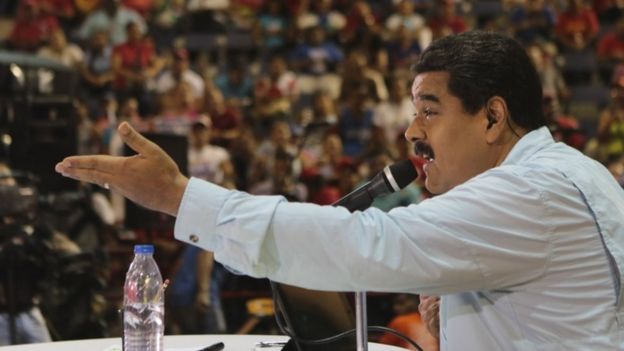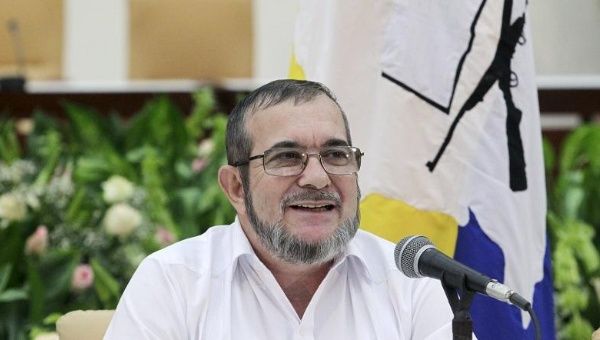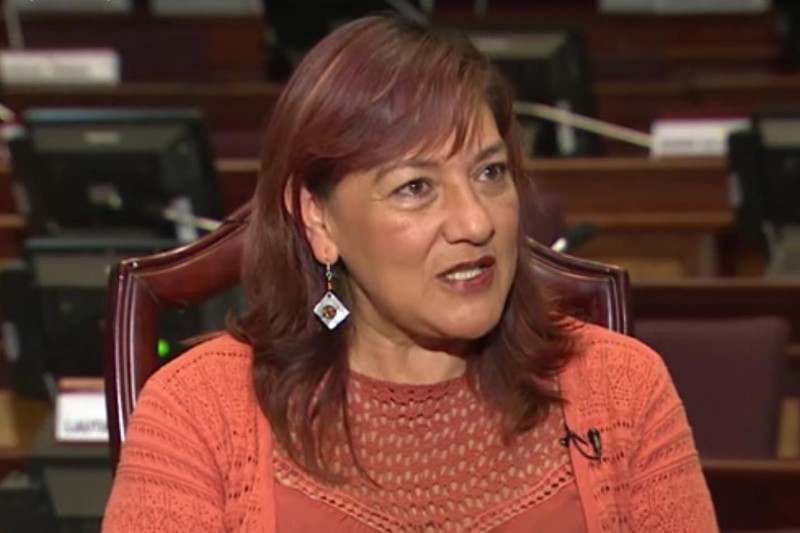By Kaitlyn Degnan
Impunity Watch Reporter, South America
CARACAS, Venezuela — Venezuelan President Nicolas Maduro’s government is facing intense scrutiny in the days leading up to the national election following the murder of an opposition leader last Wednesday. Luis Diaz, the Guarico States leader of the Democratic Action party of Guarico State was shot and killed during a public meeting.
Mr. Diaz was on stage with Lilian Tintori, a campaigner and activist. Ms. Tintori is married to opposition leader Leopoldo Lopez whose trial garnered worldwide criticism. It is unknown whether Ms. Tintori was also an intended target of the attack.
Other opposition figures have faced violence in the lead up to the election. Ms. Tintori alleged that she was the victim of at least two attacks, including the dismantling of brakes on a plane used by her team. Henrique Capriles, who lost the 2013 presidential election to Maduro has also been the victim of aggression.

President Maduro’s government has faced international criticisms in the aftermath of the killing, with statements of concern coming from a number of NGO and the United States. In a statement released the day after Diaz’s death, the Director of Amnesty International Venezuela, Marcos Gomez, said that the killing gave a “terrifying view of the state of human rights in Venezuela.”
The Democratic Action party is part of the Democratic Unity coalition, a bloc of opposition parties looking to unseat the Maduro’s Socialist Party. Democratic Action national leader Henry Ramos blames the Socialist party for Diaz’s death.
The Venezuelan government has denounced any connection between the ruling party and the killing, and has said that it would sue opposition leaders blaming the Socialist Party. Foreign Minister Delcy Rodriguez said in a tweet that trying to establish such links was in “bad faith.”
Venezuela has opened an investigation into the killing through the Public Prosecutor’s office. Government officials claim that Mr. Diaz was involve with a violent gang in Guarico, and that the killing was carried out on behest of a rival gang member.
The upcoming elections may be historical – there is a significant chance for the first time in 16 years that the Socialist Party may lose the legislature. In the past year alone, 43 people have died and hundreds have been injured during violence sparked by opposition protests..
For more information, please see:
Reuters – Opposition activist’s murder shakes Venezuela before election – 26 November 2015


